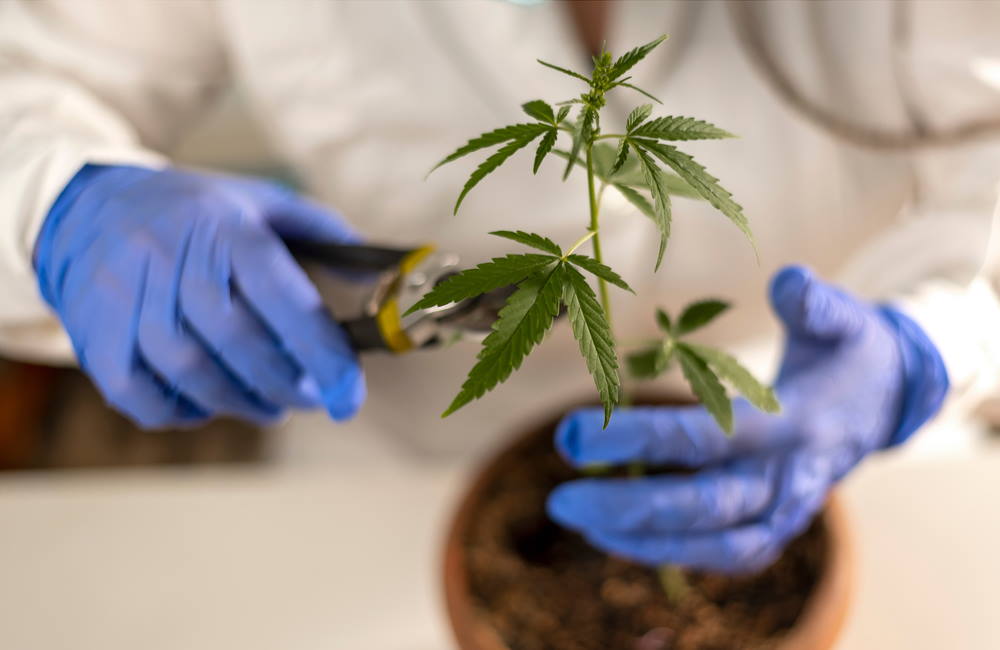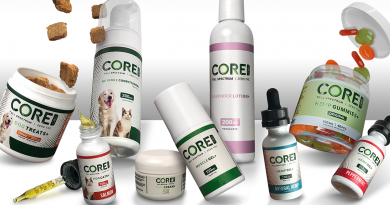Cannabis Chemical May Help Prevent Colon Cancer, Study Finds
The marijuana chemical ingredient THC may help prevent colon cancer, according to the findings of a new study done by researchers at the University of South Carolina.
The study, published in iScience, reports that mice injected with both THC and a cancer-causing chemical did not develop cancer, while mice injected with the chemical but no THC did develop cancer.
The study also found THC suppressed inflammation in the colon, which researchers believe is the key to how it was able to prevent colon cancer from developing in the mice.
“The fact that we were able to show that treatment with THC prevents inflammation in the colon and at the same time inhibits the development of colon cancer supports the notion that inflammation and colon cancer are closely linked,” Prakash Nagarkatti, the university’s vice president of research, said in a statement. “Thus, in patients who are at a higher risk of developing colon cancer, THC or other anti-inflammatory agents may be beneficial.”
The Study Is Timely As Colon Cancer Cases Increase
Nagarkatti told The State that colonoscopies have reduced colon cancer in older Americans. However, more now get colon cancer in their 40s, including Chadwick Bozeman, the “Black Panther” star who recently died at the age of 43.
Nagarkatti said research is indicating that inflammation is tied to development of colon cancer. He said chronic inflammation may also trigger other cancers, including breast cancer, pancreatic cancer and prostate cancer.
THC is the chemical ingredient in cannabis that is responsible for the “high.” Nagarkatti said THC’s ability to decrease inflammation could also provide a treatment for people with Crohn’s disease and colitis, two conditions that cause inflammation and an increased risk of developing cancer.
Acting on Non-Psychoactive Receptors
Mitzi Nagarkatti, chair of USC’s department of Pathology, Microbiology and Immunology and wife of Prakash Nagarkatti , is listed as a co-author on the study. The pair rank among the foremost cancer researchers in the nation.
She explained in the news release that cannabinoids act through two receptors known as CB1 and CB2.
THC interaction with CB1 receptors causes psychoactive effects – the “high” feeling. CB2 interaction happens mainly in immune cells, meaning THC activation of CB2 receptors does not trigger psychoactivity.
“Our results showed that THC was acting through CB2 receptors, which is exciting and suggests that compounds that activate CB2 and cause no psychoactive effects may be beneficial to prevent IBD and colon cancer,” Mitzi Nagarkatti said in the release.
Nagarkatti told The State that researchers need to conduct a clinical trial and additional research to further test the results of the new study.




